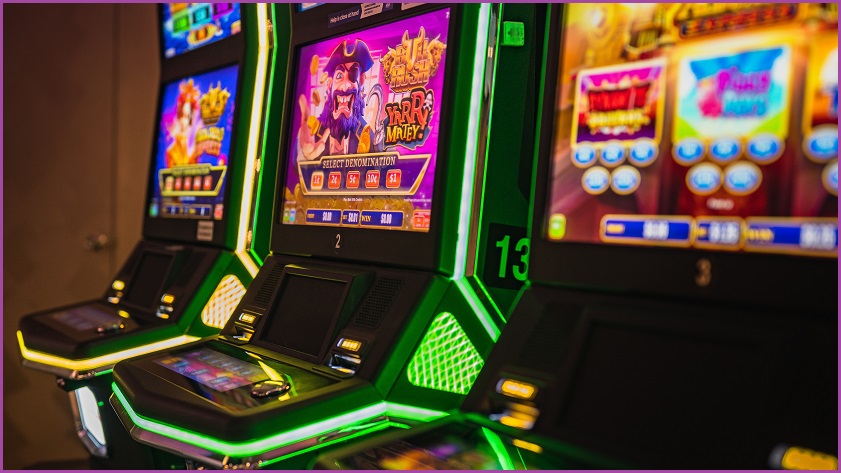The NSW government has decided to pause laws that would have explicitly allowed pubs and clubs to implement facial recognition technology to track occupants, enforce bans, and exclude problem gamblers.
Facial recognition is already being used in some gaming rooms in NSW but the Registered Clubs Amendment Bill 2022, introduced to NSW Parliament in October, contained provisions to expand the use of surveillance technology which Hospitality Minister Kevin Anderson said was “a valuable tool for clubs to detect people who are suspected of money-laundering activities and other serious crimes”.
The proposed NSW laws were less prescriptive than those in South Australia where venues with more than 30 pokies, so long as at least machine one accepts banknotes, must have facial recognition technology installed.
Anderson brought the bill forward just prior to a damning report from the NSW Crime Commissioner that found pokie machines were being used to launder billions of dollars each year.
“At the moment serious offenders can enter NSW pubs and clubs, sit down next to patrons in gaming rooms, and openly feed large sums of cash from their crimes into poker machines with no real fear of detection,” Crime Commissioner Michael Barnes said.
The first recommendation from that report was the implementation of cashless gaming to make it easier for regulators to follow the money, much to the chagrin of the state’s pubs and clubs who benefit from the free flow of some $95 billion in cash that goes through their pokies.
Greens MP Cate Faehrmann was among the chorus of people who were alarmed that facial recognition technology was set to become the norm for gaming rooms instead of a system recommended by the Crime Commission.
“Pokies operators are so scared of a mandatory gambling card that they’ve turned to invasive and inconsistent facial recognition technology instead,” Faehrmann said.
“The NSW Government has lost its mind if it thinks people want pubs and clubs to have self-managed facial recognition tech. This is as terrifying as it is absurd.”
Digital Rights Watch was likewise concerned, continuing its call to ban facial recognition technology “before it’s too late”.
“Facial surveillance poses a fundamental threat to our most basic rights, liberties and safety,” the organisation said.
“The threats far outweigh hypothetical benefits. We shouldn’t gamble with our rights, safety, and ultimately, our democracy. We need to ban facial surveillance before it’s too late.”
At the end of the day, however, it wasn’t the increasing use of facial recognition that caused the NSW government to put its bill on hold so much as it was a planned amendment from independent Sydney MP Alex Greenwich whose push to introduce a cashless gaming card would have made it difficult for the government to get its original legislation over the line.
ClubsNSW CEO Josh Landis previously said the technology would only affect problem gamblers, and that it was “designed in a targeted way to help those who have a problem”, but the vendors of this technology claim it will also improve customer service.
Along with the ability to better watch for potential money laundering and allow self-exclusion for problem gamblers, Exact Technologies, which already has its products installed in some pokies rooms, says the surveillance technology “is a powerful tool for creating very personalised and customised service plans for those high-status customers”.
Casual use of facial recognition technology came into the spotlight earlier this year following a report from consumer advocacy group Choice which found retailers Kmart, Bunnings, and the Good Guys had begun covertly trialling these systems in-store.
The retailers have since stopped following public outcry and the beginning of an investigation from the Office of the Australian Information Commissioner.










